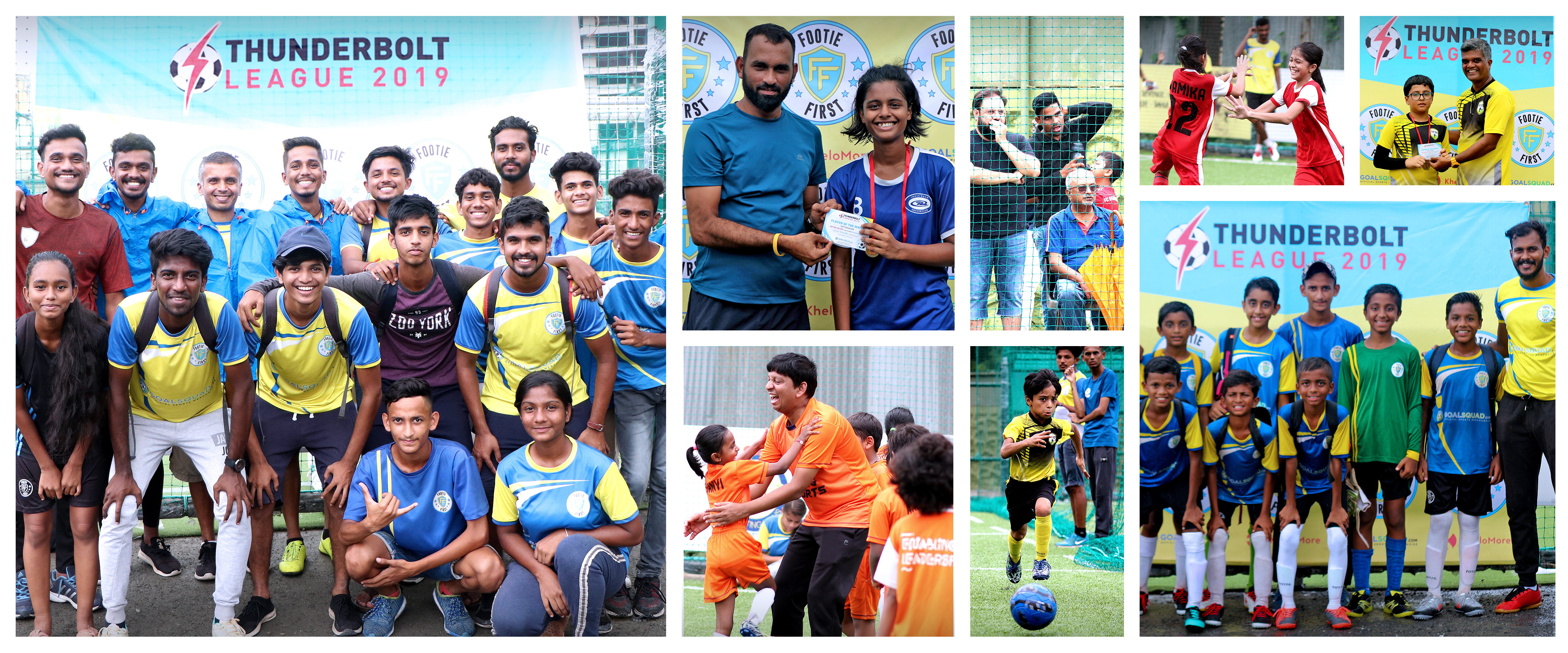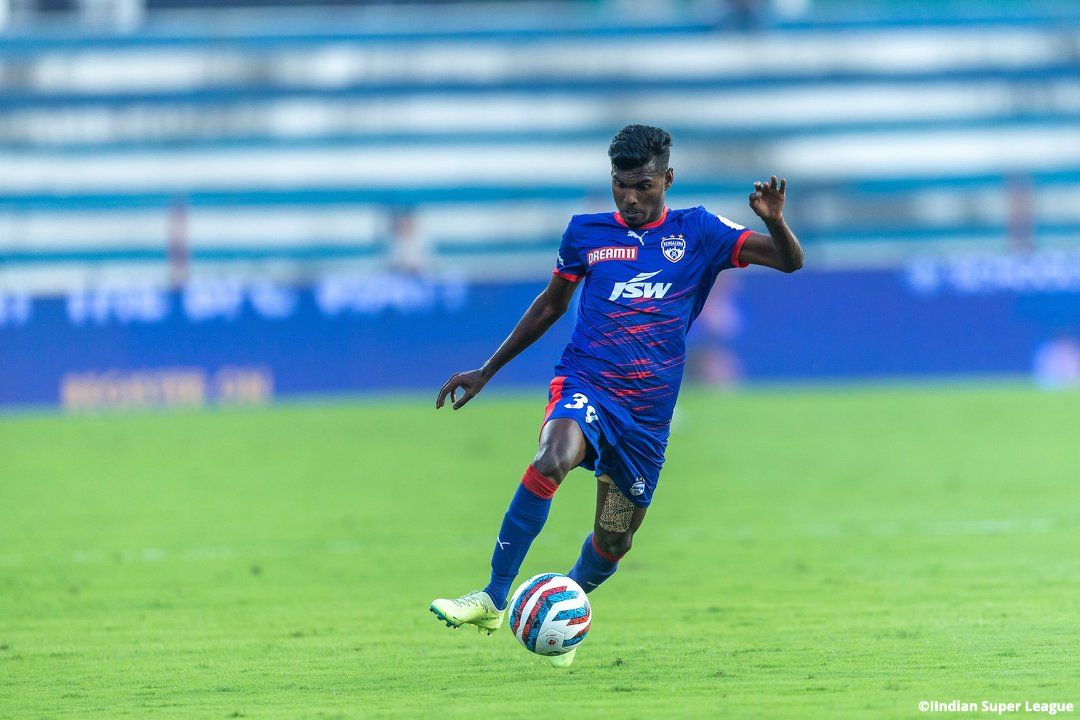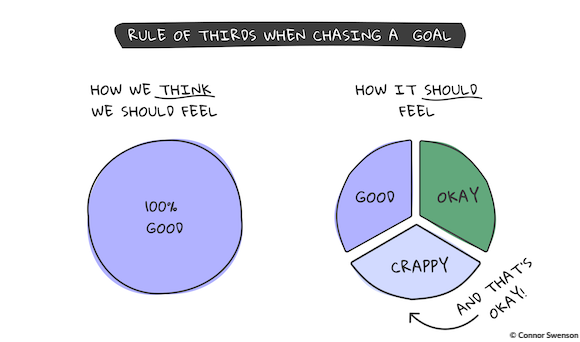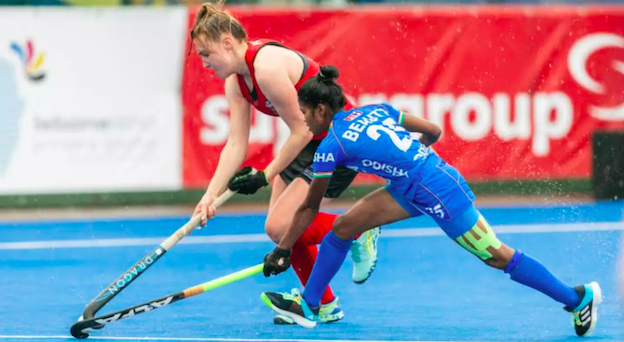Play to Win OR Play to Participate?
While we have had the pleasure of hosting many new teams at this year’s Thunderbolt League, the 2019 edition has brought diverse coaching styles into focus. No matter the style, one thing that coaches have always struggled with (in competitive kids’ matches) is the issue of playing time for all players. Should we ensure that everyone gets the same playing time? Is it simpler to just go in with a smaller squad? How do we manage children who are subs? There are no easy answers.
Firstly, we screwed up
The first thing we’ll admit is that we screwed up on the first match day of Thunderbolt 2019. How? We ended up giving 2 children on our U10 squad very little playing time. Like less than a couple of minutes each. The result – extremely disappointed children and equally disappointed parents. In chasing a win, we ended up damaging a child’s confidence – something that we never wanted to do. From the experience, we (as an academy) learned that every child on the squad has a role and deserves to test himself or herself in the heat of competition, no matter his/her capabilities. It’s the only way the kids will level up.
We’ve decided that we’re going to compromise results at U10 & younger age groups and focus on giving everyone as much playing time as possible (easier to say when you’re bottom of the U8 table 😉). But what of the kids & parents who believe they can win with better players around them? Well, we’re going to have the challenging task of convincing them that not winning an U8 or U10 match/league doesn’t mean their children aren’t (or can’t become) good footballers.
International Benchmarks
In Europe, for example, there are some countries where teams play non-competitive football till U10 or U11. Non-competitive football = no recorded results and no league tables. They have done this for the following reasons:
- Take out the pressure of winning and allow kids to express themselves without fear of losing.
- Relieve coaches from chasing wins and thereby allowing them to play all the kids on the team without negative consequences.
- Avoid parental pressure who may scream at kids and admonish them for making errors.
- Build a spirit of inclusion where every child gets to play as much as the other regardless of footballing ability.
At the same time, Spain, who have a rich tradition of nurturing highly technical footballers have kids play competitive leagues right from the U6s. So what is right?!
Our View
In our view, a good coach (with understanding parents) will be able to achieve his or her objectives irrespective of whether a league is competitive or not. Coaches can always encourage kids to experiment, take risks and try new things without fear of consequences. We can build the confidence of all children by giving them as much playing time as possible, even if it means losing the game. We can educate parents to look beyond just results and focus on participation & progress. The essence is to remember that this is about the children – not the reflected glory or vicarious joy of ambitious parents and coaches.
Competition is part and parcel of life. The sooner our kids understand how to win and lose with grace, learn from their experiences and become better footballers (and people), the better it is for them, parents and coaches.







